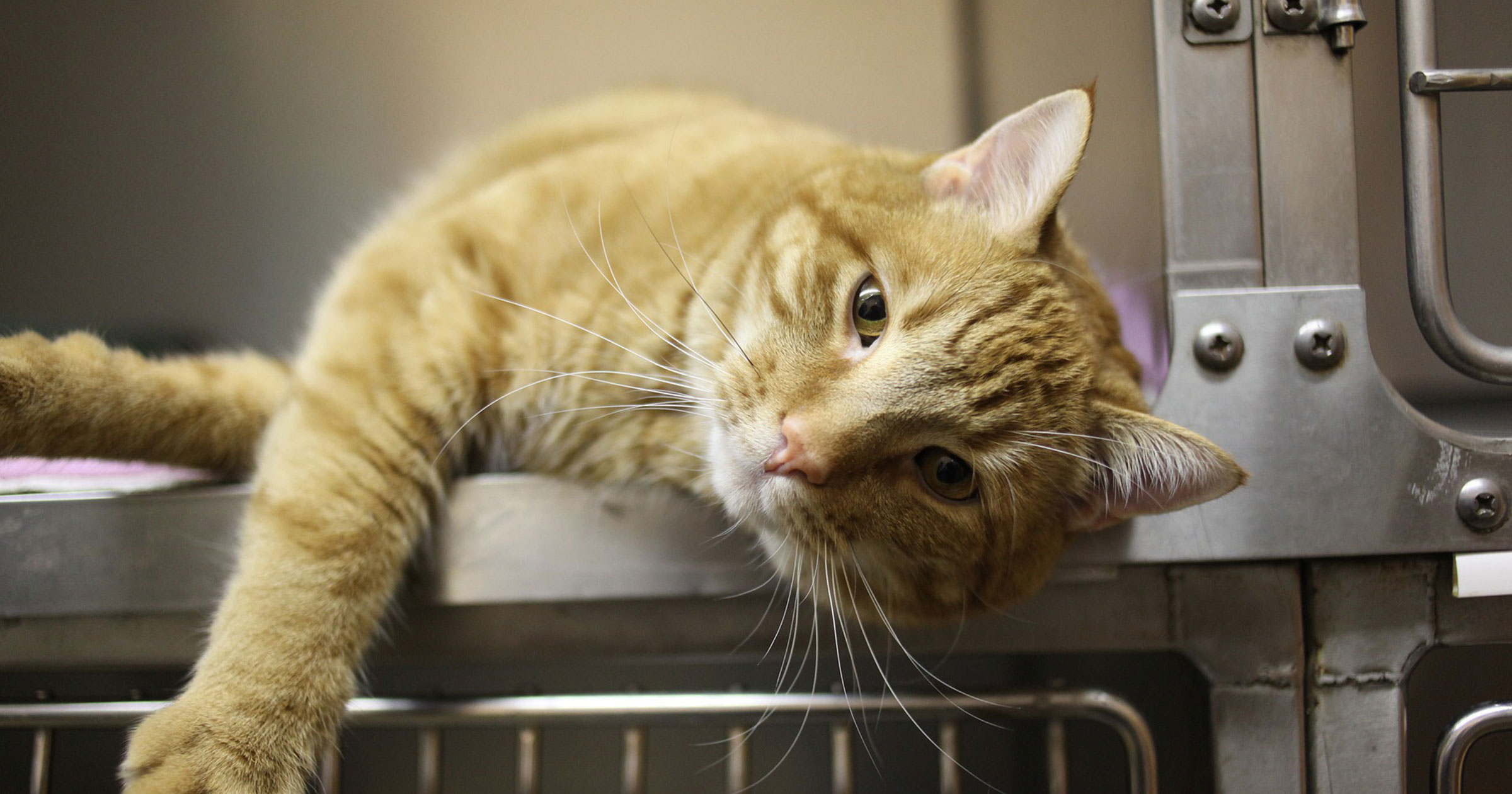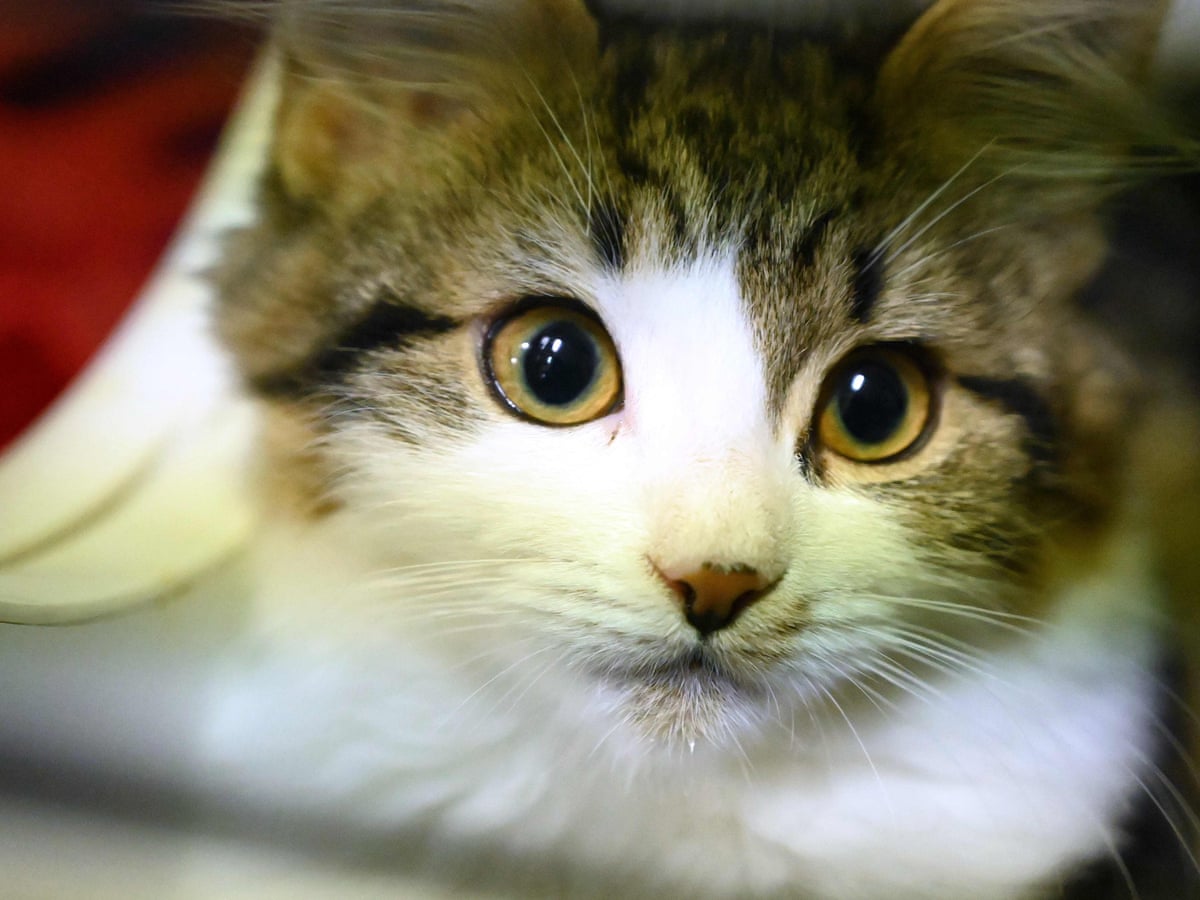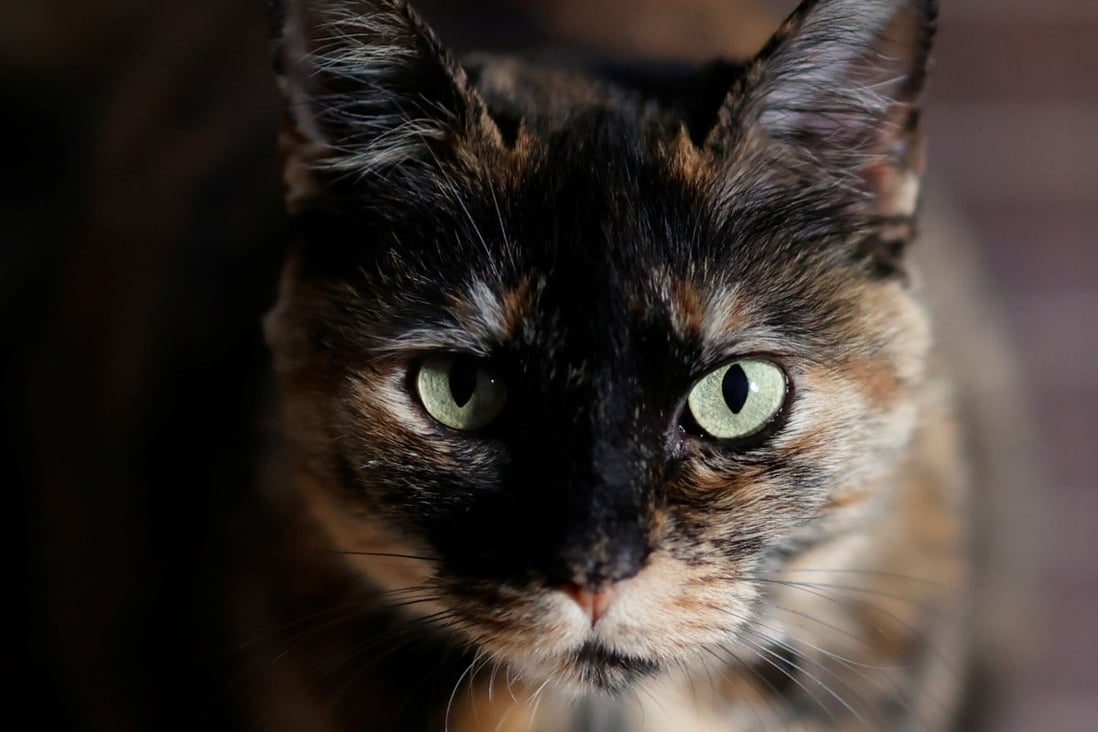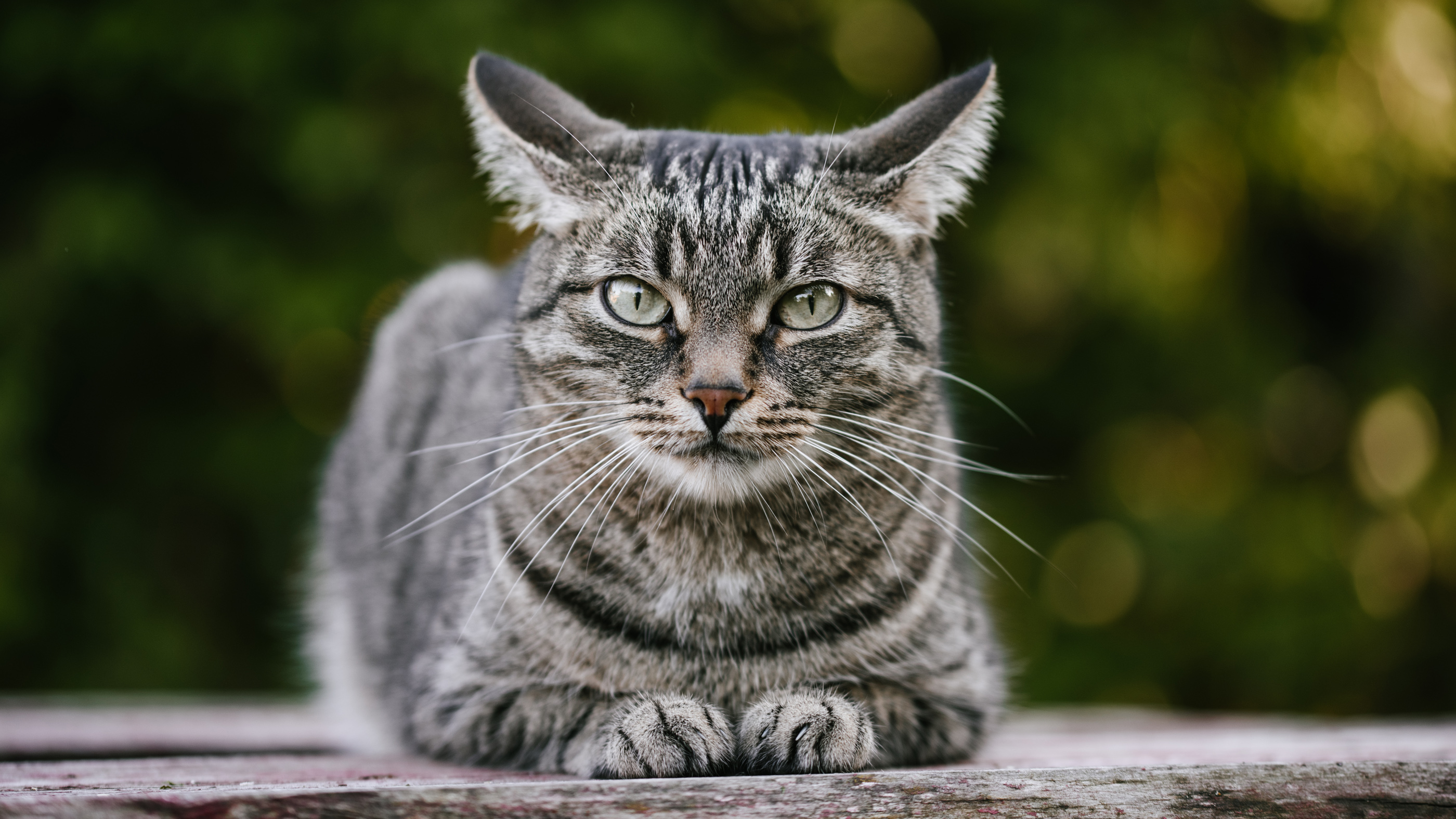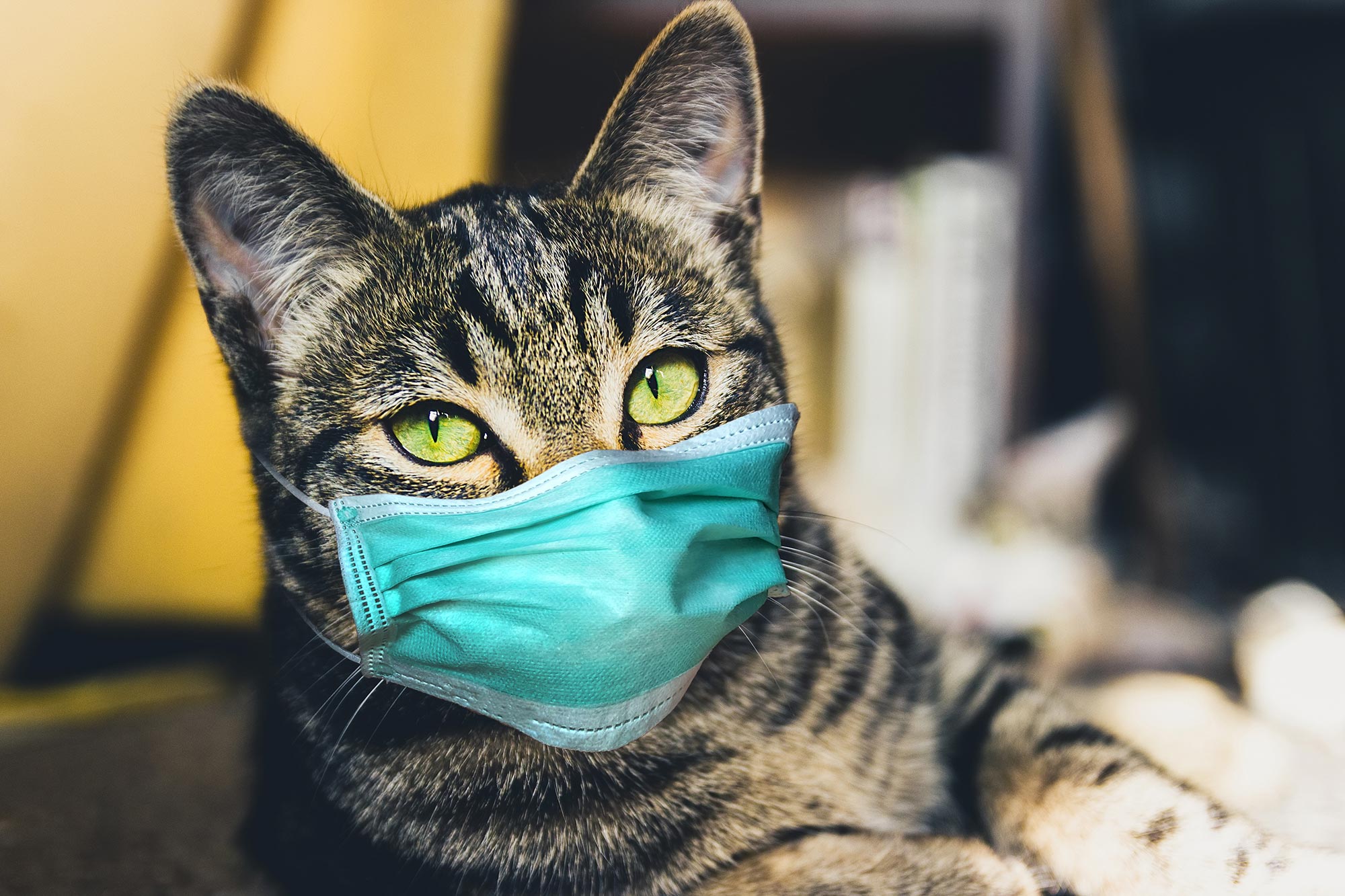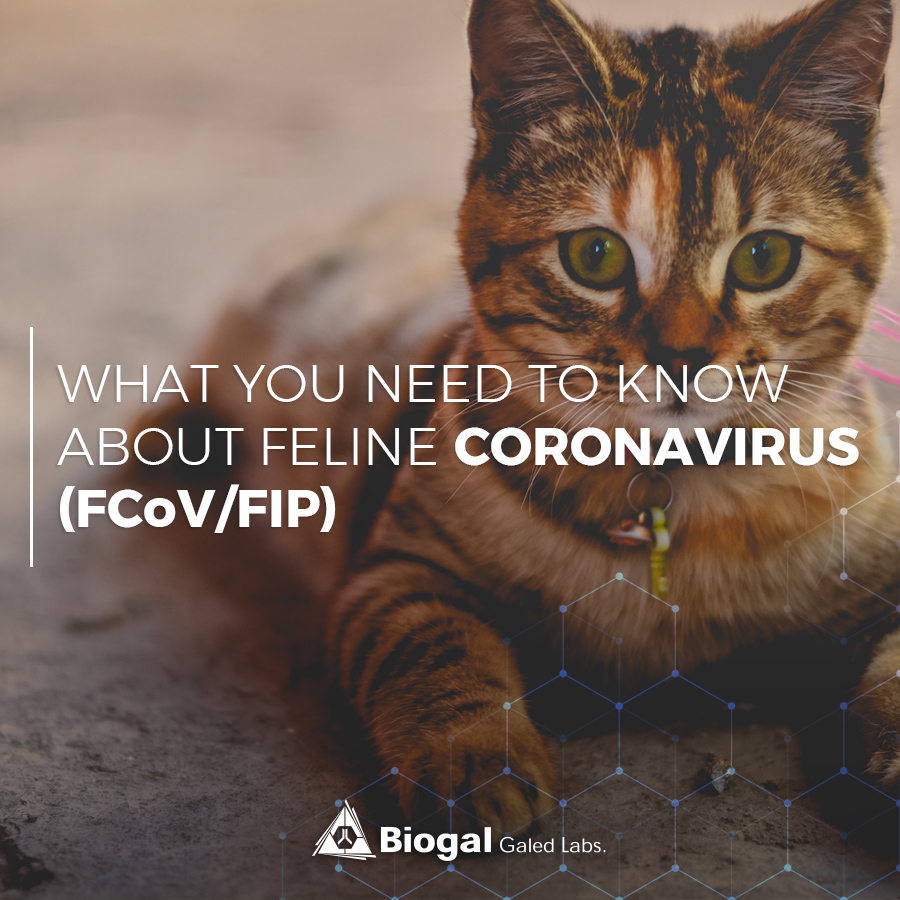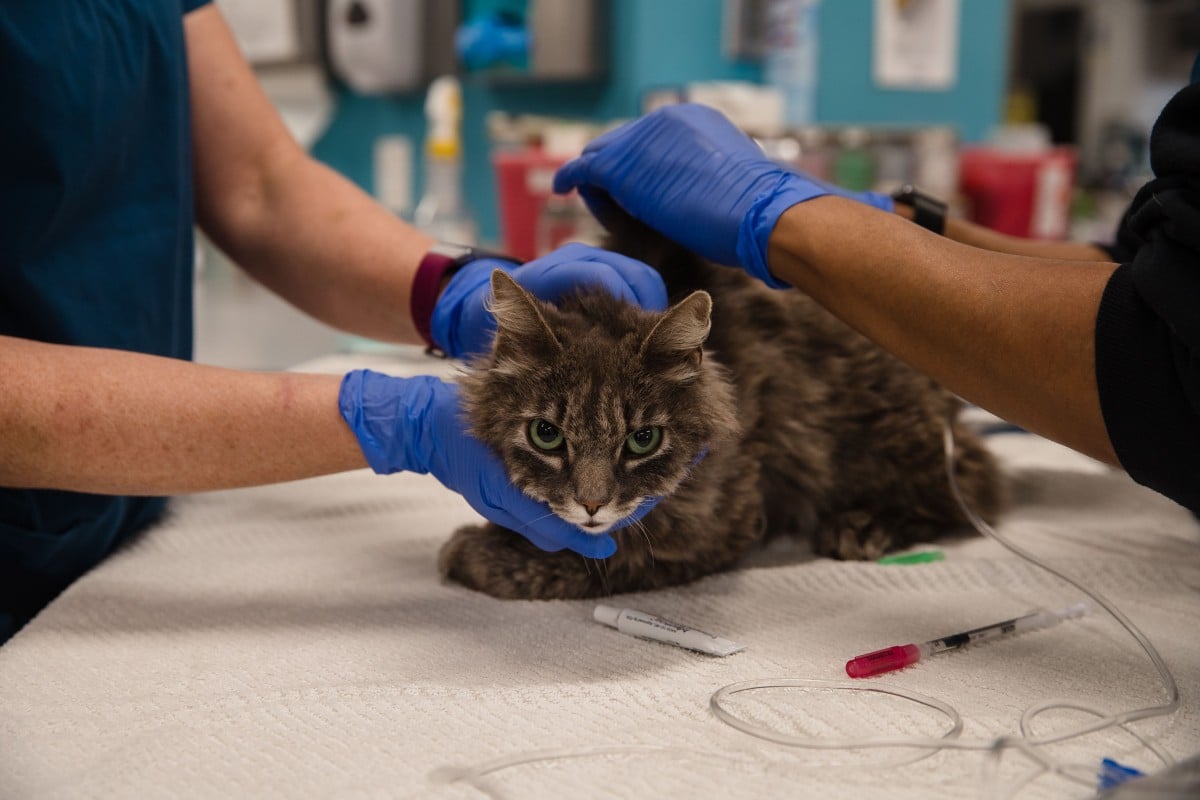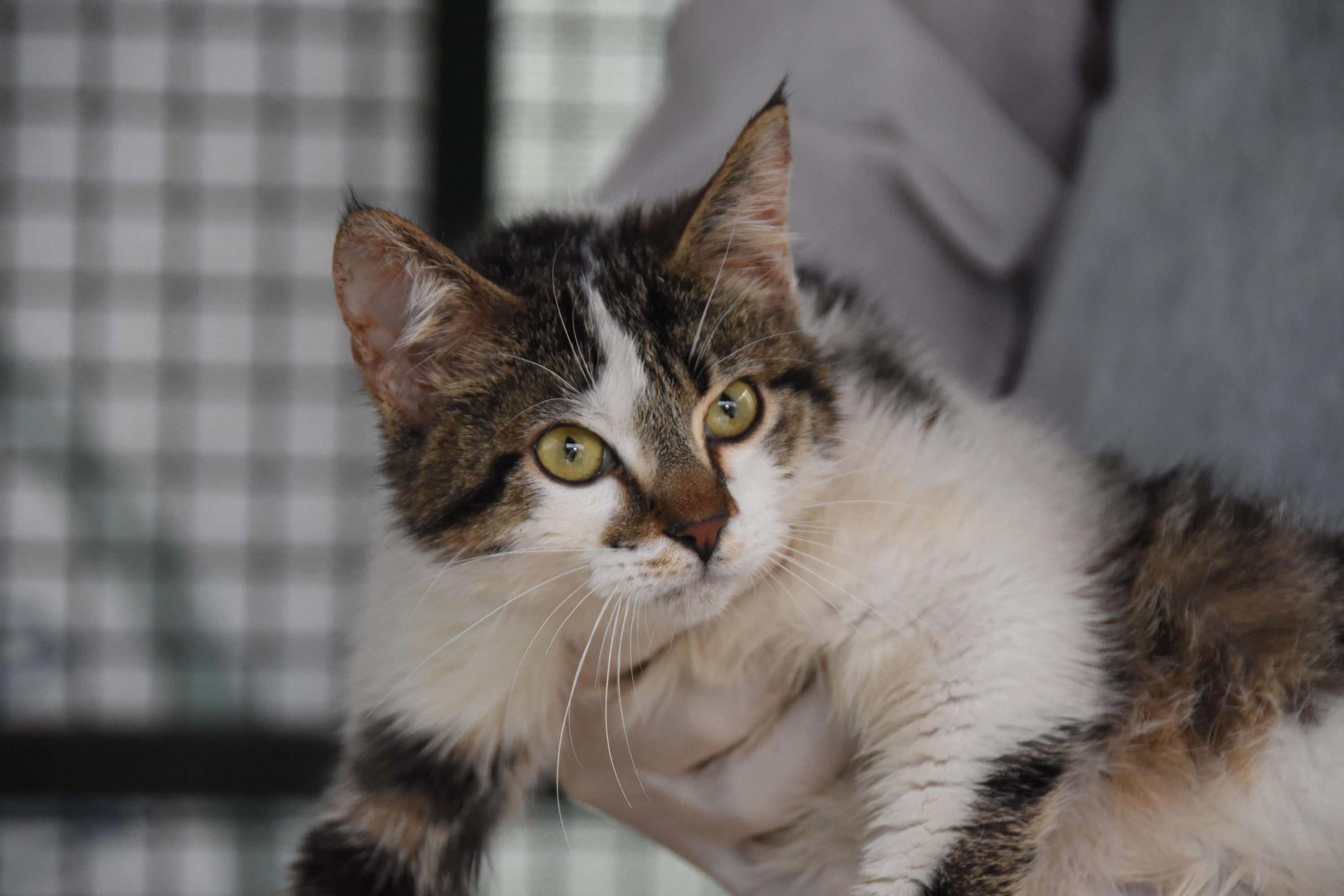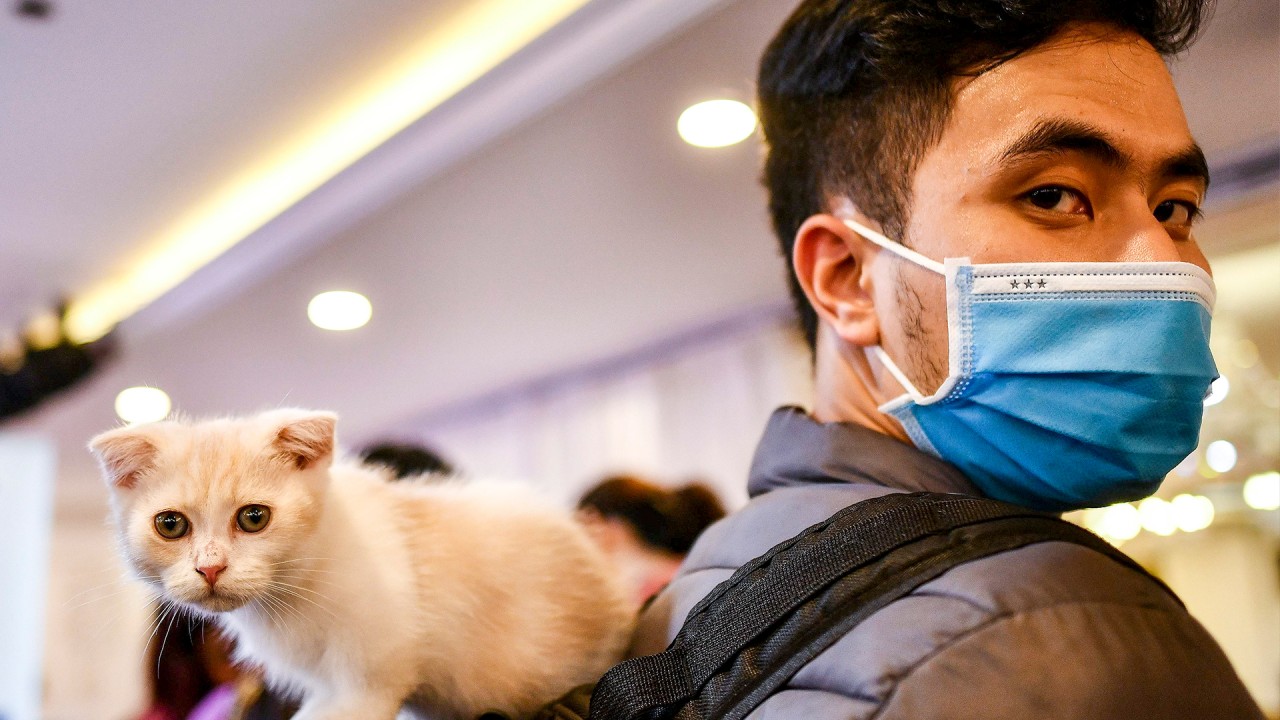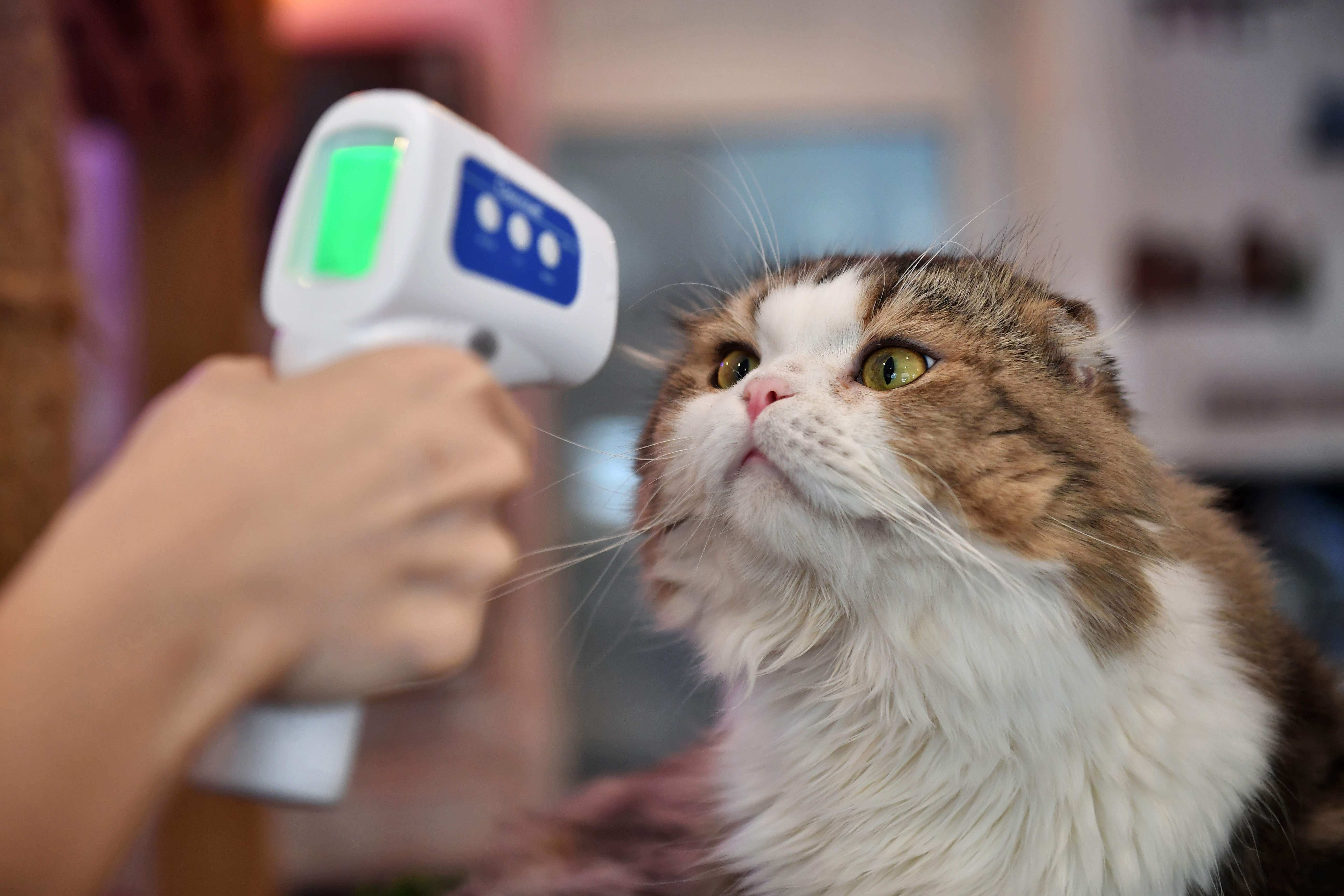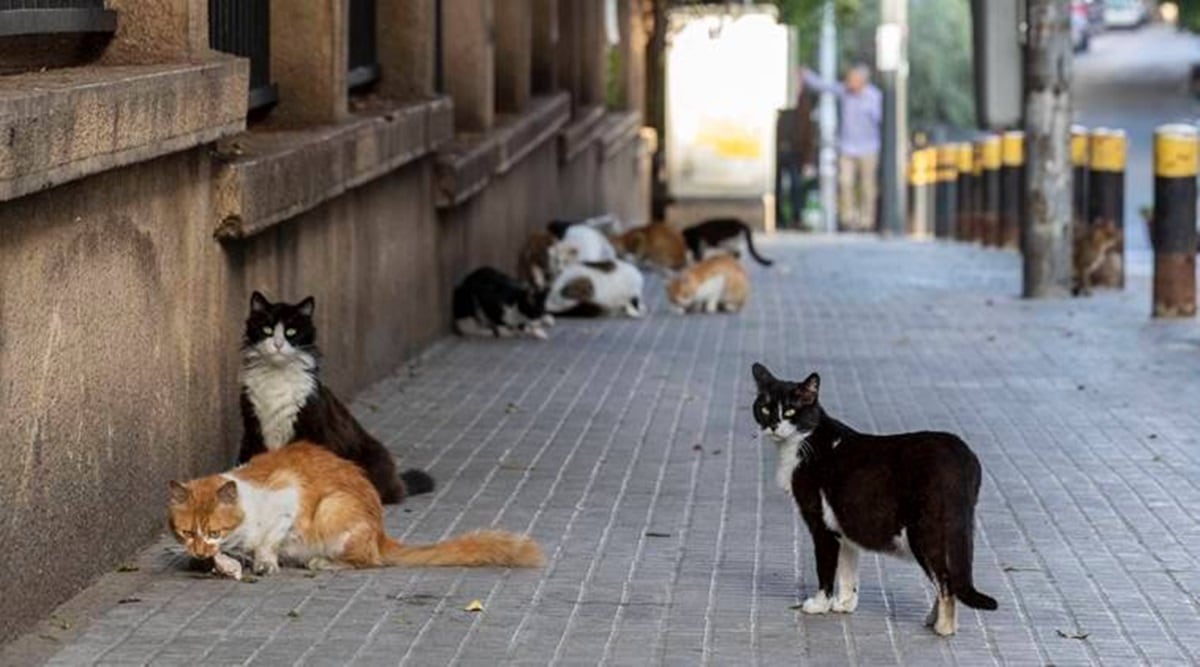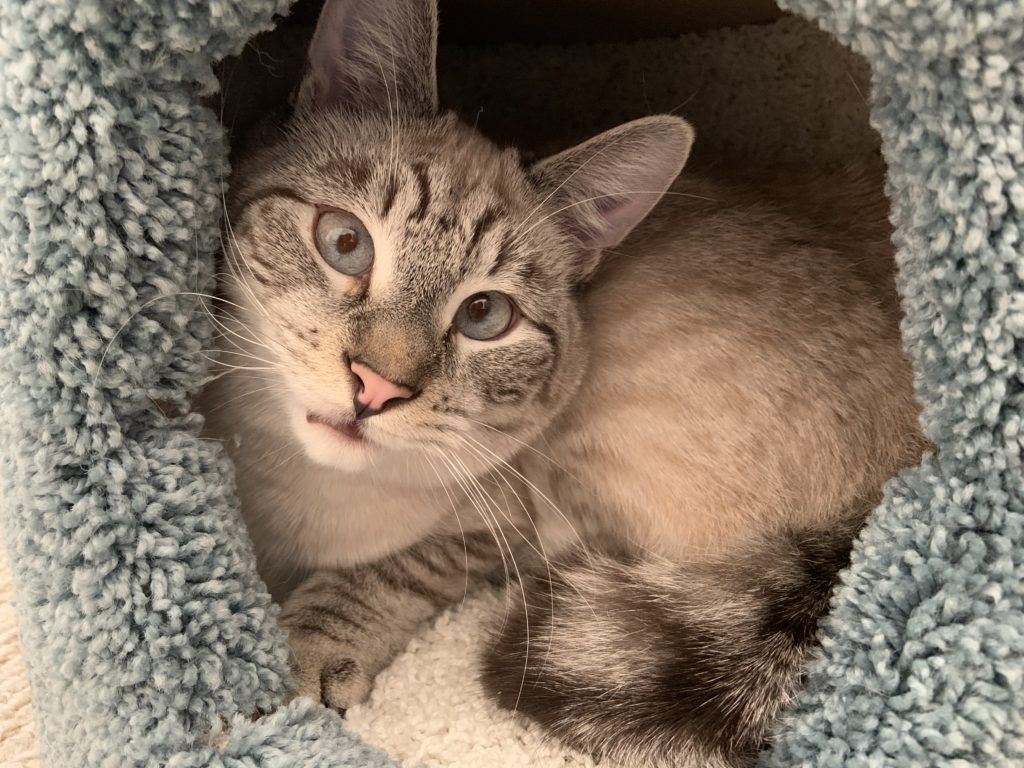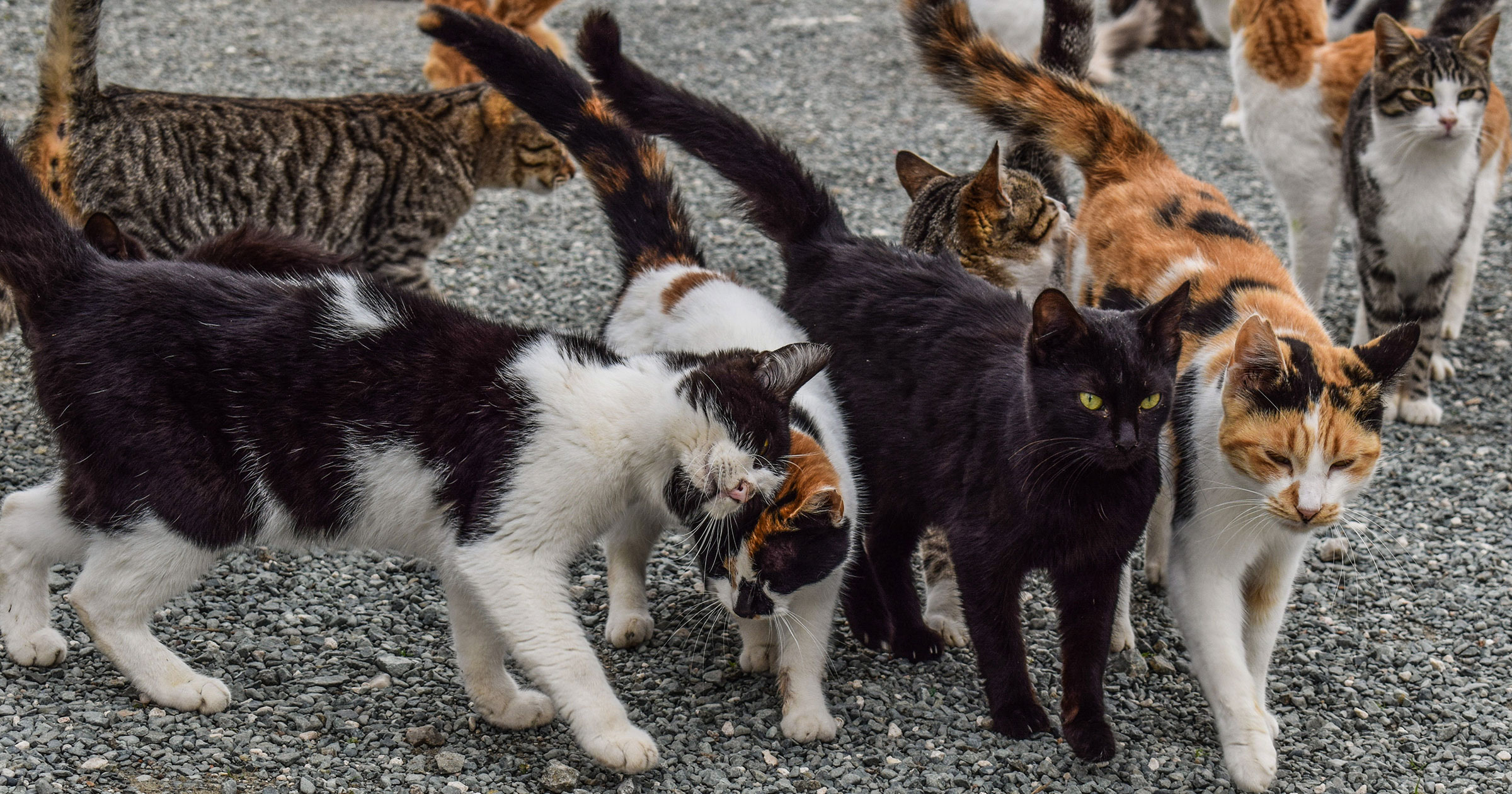Cats And Coronavirus Symptoms
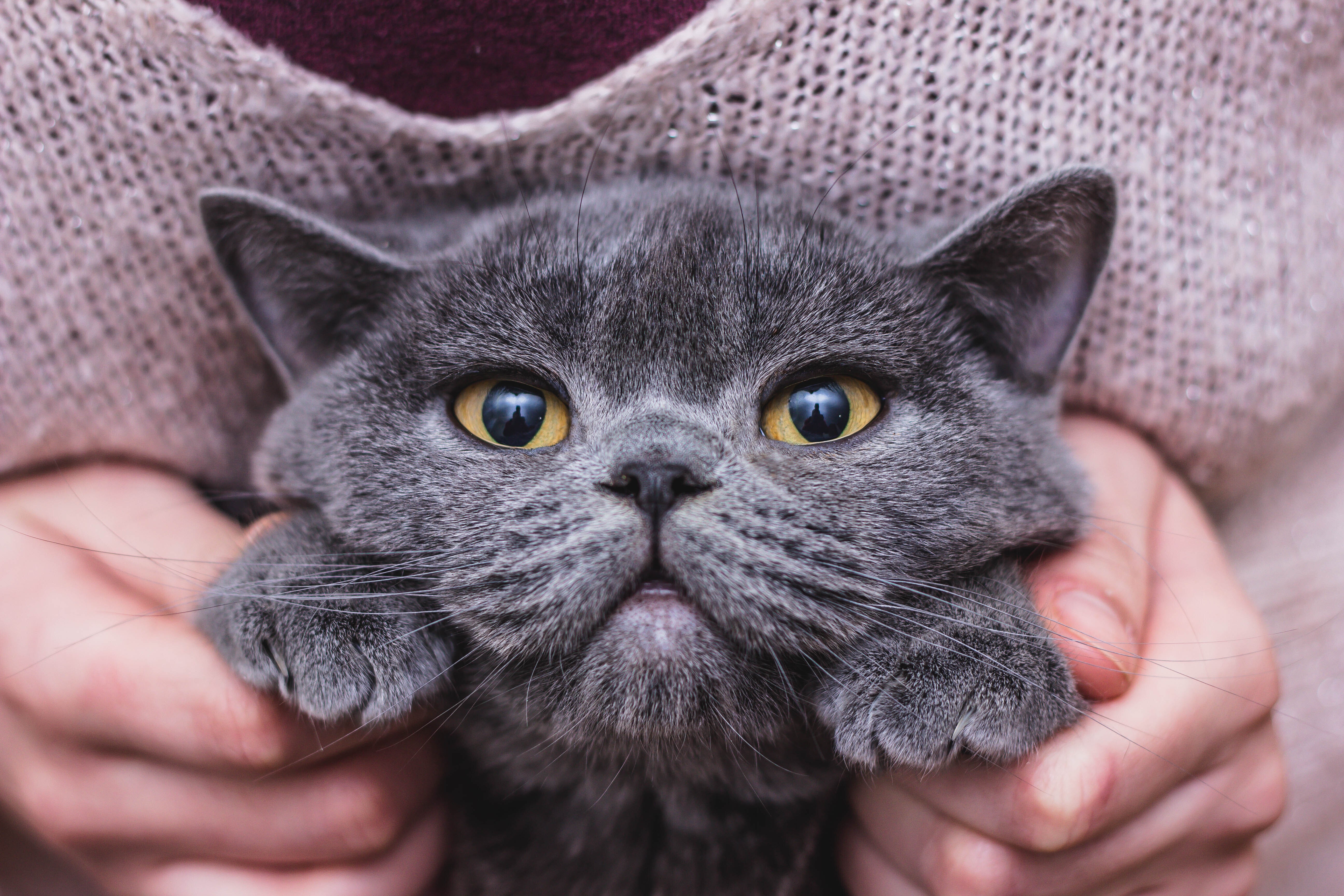
What to do if you think your cat has COVID-19.
Cats and coronavirus symptoms. Feline Coronavirus FCoV is a common viral infection in cats. Our pets are different from us so its not surprising their coronavirus tests differ too. The first signs of illness following infection from the feline infectious peritonitis virus can show after just a few days or only several months later.
Not all cats have to be kept indoors. Symptoms of coronavirus in cats. The majority of cases were mild and only 20 percent of dogs and 30 percent of cats had symptoms.
It is extremely rare Veterinarian Lori Teller with the American. Dogs mostly had loss of appetite and sluggishness while. Both cats had mild respiratory symptoms and are expected to recover.
Can FIP be. There is so far no evidence that pets can pass COVID-19 to humans. The most common human symptoms are a high temperature a new continuous cough or a loss or change to your sense of smell or taste.
What if my pet shows symptoms coughing fever chills of human coronavirus COVID-19. What clinical signs do infected cats show. Experts advise coronavirus-infected households to keep their pet cats indoors.
All 11 pets that underwent a second round of tests after another 1 to 3 weeks tested positive for antibodies and 3 cats still were positive for COVID-19. If youve been diagnosed with are suspected of having or are displaying characteristic symptoms of coronavirus COVID-19 it is advisable to minimise the amount of time your cat spends outdoors unsupervised. If your pet is experiencing respiratory symptoms or other nonspecific symptoms such as lethargy or not wanting to eat or drink then contact your veterinarian for further guidance.

